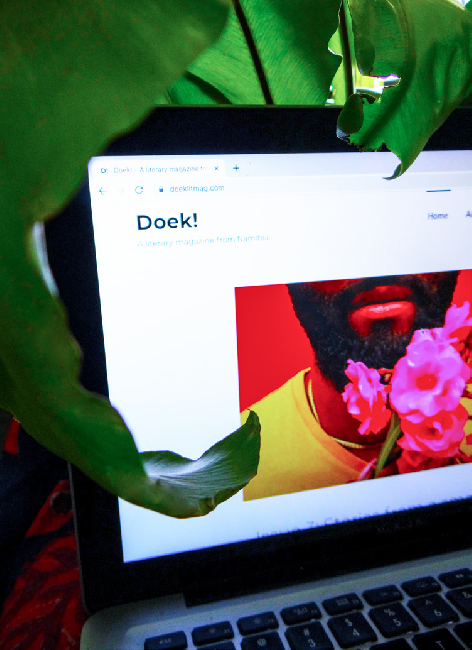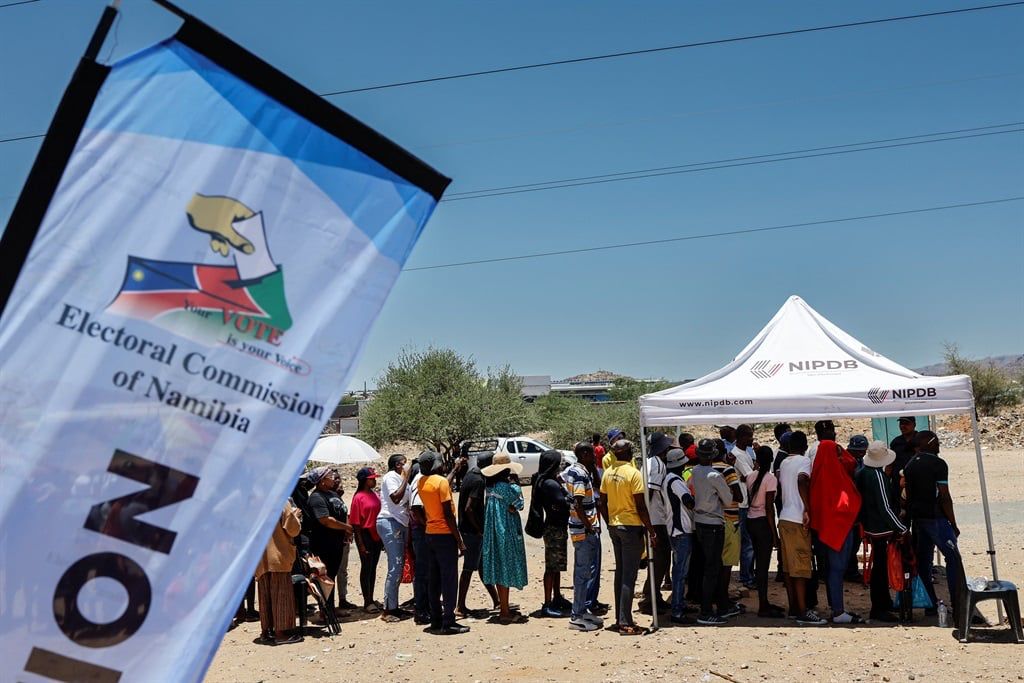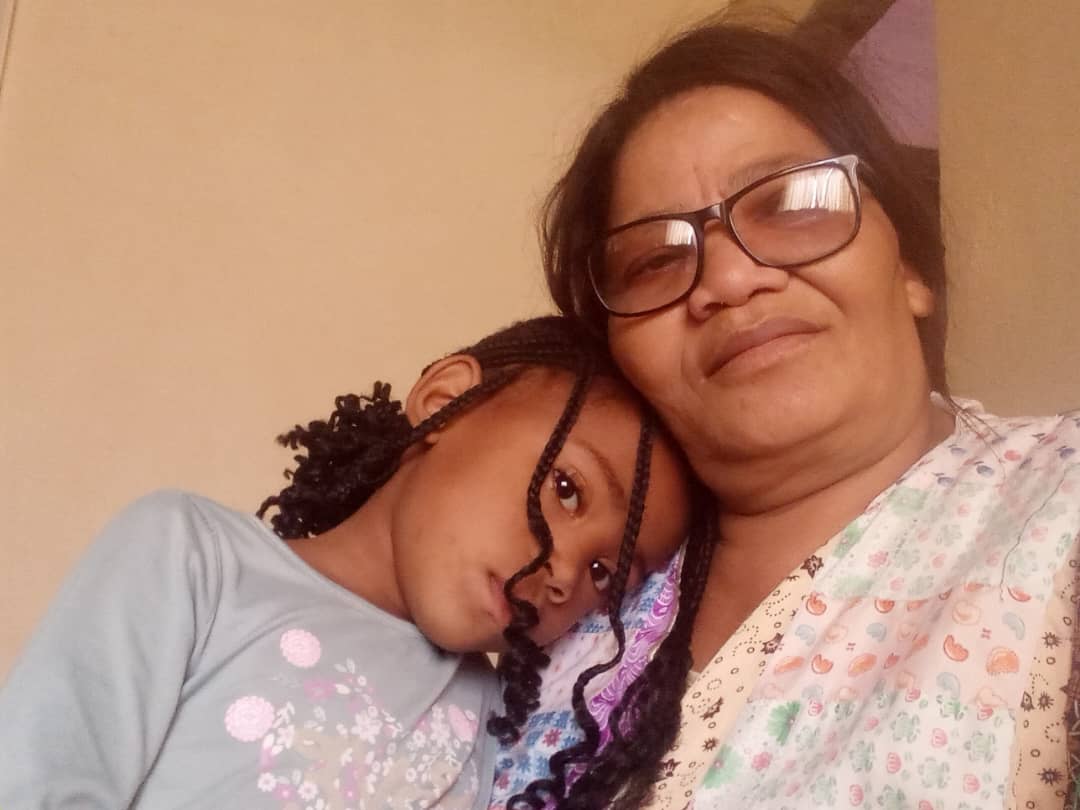FROM Black Orpheus to Brittle Paper right to the nascent Doek! and Lolwe, Africa’s bourgeoning library of online literary journals and reviews illustrates something her storytellers have always known.
We write what we like.
African literature is speculative, dramatic, romantic, mysterious, terrifying, comedic, revolutionary, historical and experimental.
Curating short fiction, non-fiction, poetry, essays and photography, a slew of literary publications have moved beyond the traditional publishing house, circumvented its western gatekeepers and dodged “the danger of a single story” to create dynamic, productive and inspiring literary communities within the online space.
“In a sense social media, the internet created this crazy shift that allowed all kinds of conversations and connections in African literature,” said Brittle Paper founder Dr Ainehi Edoro-Glines speaking on a recent South African Book Fair panel considering the role of literary journals on the continent.
“Social media has become this new space where all of us who love African literature go to find each other, to fight, to talk, to share ideas, to meet each other and to kind of cultivate this sense that we are all together in something, building something and talking about something that really matters.”
Though each new and established African literary publication has its own character and concerns, their mission is often the same. To provide a platform for emerging and established writers from or with roots in the continent that not only acknowledges the legitimacy of their stories but includes them in a diverse archive of African literature.
Africa – as those who call her home know well – is not a country.
Her stories are not one and the same and though ‘diverse’ is not a term often used to describe the continent’s myriad people, cultures, traditions and countries, the spectrum of the pan-African literary journal and review certainly drives this point home.
“For me it’s also a deliberate act of resistance against the literary establishment,” says Doek! editor-in-chief Rémy Ngamije on the creation of Namibia’s first online literary magazine and the act of publishing ourselves.
“We must disturb the literary establishment. We’ve gotta shift the gaze and disturb the power and so any journal, for me, that is continental that wants to change this westernised idea of literature and literary magazines, I’m down with that vision. But we have to shift it completely and take that gaze from them and take that power from them because that’s the only way we’re going to succeed.”
Both speaking on a South African Book Fair panel titled ‘Giving Books A Place of Pride in Africa; The Role of Literary Journals On The Continent,’ Edoro-Glines and Ngamije are symbolic of the established and the emerging.
Brittle Paper celebrates its 10th anniversary this year and Doek! just turned a year old.
As a veteran online publisher, Edoro-Glines shared some advice on enduring during the panel that alongside Ngamije included Lolwe founder Troy Onyango and editor of The Johannesburg Review of Books Jennifer Malec.
The South African Book Fair panel was moderated by blogger, writer and editor James Murua.
“I have approached the project with a radical openness,” said Edoro-Glines on Brittle Paper’s longevity.
Underscoring the importance of adaptability, experimentation and an online publication model that is self-sustaining, Edoro-Glines additionally includes having a clear vision, being financially conservative as well as building and leveraging a solid network and community as key to a publication’s survival.
Ten years in and currently fielding 200 to 250 submissions per month, Brittle Paper’s mandate remains the same.
“We love the very concept of an aspiring writer. There is something so strange about that space,” says Edoro-Glines.
“I think Brittle Paper is about giving those people space to be able to find an audience and to be able to grow. No matter what Brittle Paper becomes, no matter how big we become, I will forever support those unheard, emergent, aspiring writers who will never have the time of day to appear somewhere else.”
As Africans do it for themselves and usher in a new era of continental literature just as boundless, surprising and genre-advancing as any other, it’s clear that our stories will not be moulded to fit western pigeon holes nor will they be contained, stereotypically defined or denied.
Visit Lolwe, Brittle Paper, Doek! and The Johannesburg Review of Books online for more information on submitting fiction, non-fiction, poetry, essays and reviews.
– martha@namibian.com.na; Martha Mukaiwa on Twitter, Facebook
and Instagram; marthamukaiwa.com
Stay informed with The Namibian – your source for credible journalism. Get in-depth reporting and opinions for
only N$85 a month. Invest in journalism, invest in democracy –
Subscribe Now!










